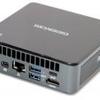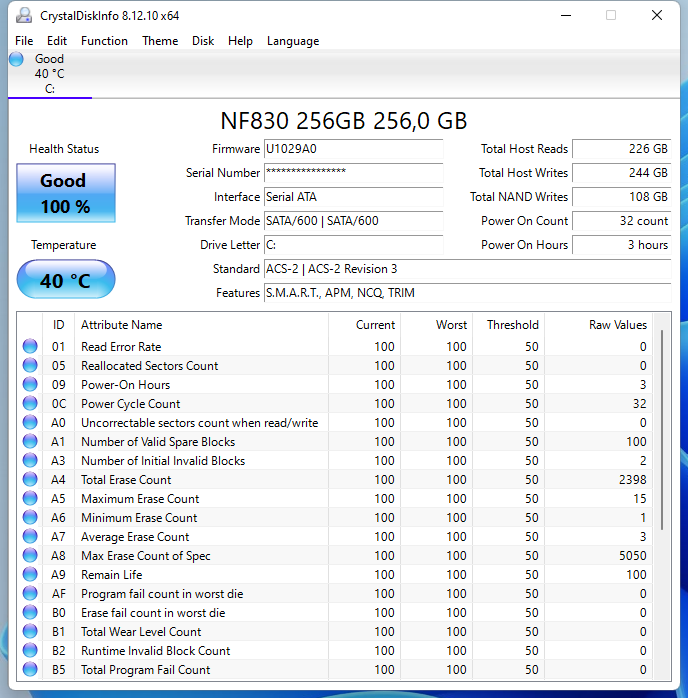Performance - Storage USB 3.2 Gen2 and NVMe M.2
USB 3.1 / 3.2 performance
You are looking at a Crucial X8 1TB USB 3.2 Gen2 flash drive with today's tested motherboard. It is one of the faster external storage units available on the market and makes USB 2.0 at 25~30 MB/sec look rather pale in comparison. That is the maximum performance for the USB stick right there.
- USB 3.2 Gen 1: originally known as USB 3.0, and previously renamed to USB 3.1 Gen 1. It’s the original USB 3.0 specification, and it can transfer data at up to 5Gbps.
- USB 3.2 Gen 2: Previously known as USB 3.1, and then later as USB 3.1 Gen 2. It offers speeds at up to 10Gbps.
- USB 3.2 Gen 2x2: formally known as USB 3.2, it’s the newest and fastest spec, promising speeds at up to 20Gbps (by using two lanes of 10Gbps at once).
We currently test with a Crucial X8 1TB USB 3.2 Gen2 (10 Gbps) Flash drive.
| Original | Current | New | Marketed as |
| USB 3.2 | USB 3.2 Gen 2x2 | SuperSpeed USB 20Gbps | |
| USB 3.1 | USB 3.1 Gen 2 | USB 3.2 Gen 2 | SuperSpeed USB 10Gbps |
| USB 3.0 | USB 3.1 Gen 1 | USB 3.2 Gen 1 | SuperSpeed USB |
NVMe M.2 SSD Performance
CrystalDiskMark is a disk benchmark utility that measures performance for sequential and random reads/writes of various sizes for any storage device. It is useful for comparing the speed of both portable and local storage devices. CrystalDiskMark can measure sequential reads/writes speed, measure random 512 KB, 4 KB, 4 KB (Queue Depth = 32) reads/writes speed, has support for different types of test data (Random, 0 Fill, 1 Fill), includes basic theme support and has multilingual support. Give it a try yourself as it is free to download.The SSD is showing some very decent results back at us. Just compare read/write performance of the other drives shown.
The SSD registers back from an unknown brand, SATA600 connected, not NVMe M.2. A quick run on the included NVMe SSD reveals the following performance metrics:




